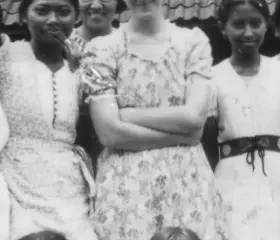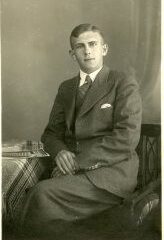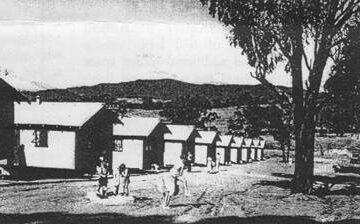This paper written by Dr. Nonja Peters, explores the social and political context of two evacuations out of the Netherlands East Indies (NEI) into Australia, the first from just before the Kalidjati capitulation on 8 March 1942 the second in the aftermath of war from 1945 to 1948. Who were these evacuees? How were they received? Who looked after them? What happened to them? Broadly speaking the chapter is about the contradictions of racism and war including the reality that a move to support one or other stakeholder is often at the expense, wellbeing or worse demise of other innocent bystanders. In this instance the NEI Dutch who having survived three and a half years as Japanese POWs, on liberation, found themselves targets of extremists of the Indonesian Nationalist Movement. For it was their plight that Australian Waterside Workers’s Unions and the Australian Communist Party ignored when they gave wholehearted support to ‘Indonesian’ evacuees’ fight for Independence from Dutch Colonial Rule. This in turn led to the Dutch in Australia suffering decades of suspicion and in many cases animosity.
From Noordwijk To Narrawallee: The Life Of Agatha Neletta De Jong (Née Koers)
Early life in Noordwijk aan Zee Agatha Neletta Koers was born in 1916, during the First World War. Although the Netherlands remained neutral, her family story recalls shortages and flooding that affected daily life. She Read more


